“We don’t need superhero leadership anymore”
In a world that is becoming more volatile and uncertain, superhero leadership will always struggle, so put the cape away and re-think what it means to be a leader.
“We don’t need superhero leadership anymore” - I heard a colleague say this in a recent meeting and couldn’t agree more. I’d like to think that gone are the days when business leaders (or any leaders for that matter) believe that they need to know everything, that they need to always have the answers and that admitting that they “don’t know” will be seen as a sign of weakness.
I don’t know about you, but I’ve yet to meet anyone who has all the answers.
In 2015, Deloitte published a report which set out some key traits of inclusive leadership.
Beyond superhero leadership
These six themes have been identified through a global survey of leaders and their staff as summarised below:
Cognizance – leaders who are self-aware and who recognise their biases and manage around them
Curiosity – leaders who are open-minded and who are genuinely interested in their teams and their ideas
Cultural Intelligence – leaders who value cultural differences and have an understanding of how their own culture impacts their thoughts and behaviours
Collaboration – actively bringing together diverse teams and empowering them to contribute their ideas
Commitment – a commitment to diversity and inclusion, not only because these align to the leader’s own beliefs and values but also a recognition that these make great business sense
Courage – not only to challenge the status quo but also to be open about their weaknesses and humble about their strengths
My nephew - one super-hero that I’ll always have room for in my life!
Five years ago, many of us might not have predicted the extent of the challenges that society would face in 2020 and beyond, but we did recognise that the world was becoming more volatile and uncertain. Safe to say that this will only continue to be the case.
Superhero leadership will always struggle in these situations. Super struggle to see things through a variety of stakeholder perspectives, they’ll struggle to spin all of the plates and they’ll be so busy trying to save the day that they’ll not have the time to support and motivate their teams.
Inclusive leaders build great teams, recruit and retain diverse talent, actively seek out a variety of views, empower people to step up and aren’t threatened when they do so. Superhero leadership does not. Whilst there will always be occasions as a leader when you’ll need to stick your neck out and make the call in a crisis, it will inevitably be better when this has been informed through dialogue with others.
So put the cape away and re-think what it means to be a leader. In reality, the only way that we’re going to save the world is not through superhero leadership, but if we do it together.



